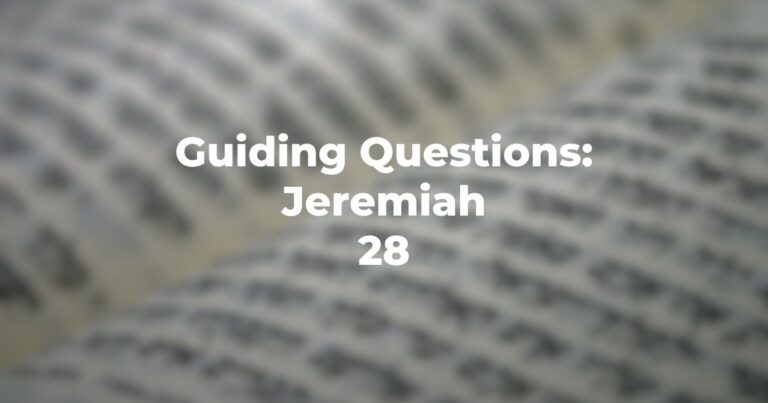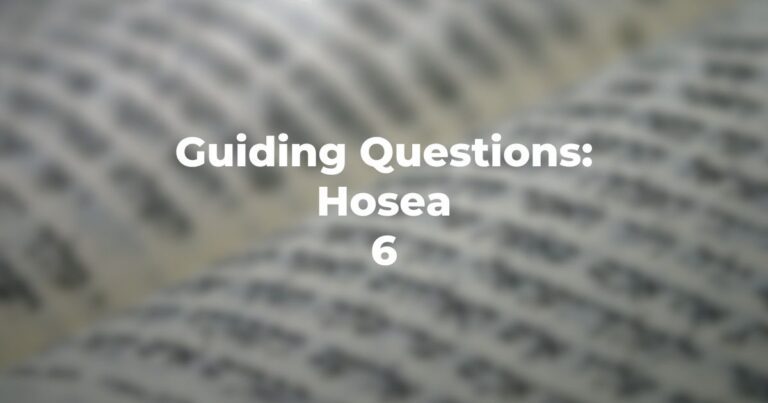- Would the opening passages of the prophet indicate why this particular volume was placed immediately after Haggai?
- Is the subject matter in the opening passages of Zechariah comparable to, identical with or diverging from the Haggai material?
- Does the name of the prophet have a particular significance — “God will remember”?
- What establishes the historical context of the prophet’s tenure (Zechariah 1:1)?
- Is there any indication of where God’s word came to Zechariah?
- What might the name Berekh-Yah connote? (Zechariah 1:2)
- What action is required for the return of God’s care to Israel?
- And how would this action be different from their ancestors’ response? (Zechariah 1:4)
- Is there any reference to leadership other than prophets? (Zechariah 1:5)
- Why might there be no reference to kings or other political leadership (at this time)?
- How many months elapse from the first “word of God” to the next? (Zechariah 1:7)
- Who (or what) is visioned for the prophet? (Zechariah 1:8)
- The communicator to the prophet in Zechariah 1:9 changes to?
- The land is “quiet”; is this description positive? (Zechariah 1:12)
- In Zechariah 1:13 the dialogue becomes a trialogue and the “messenger” is projected as advocate or critic of Israel?
- The message, in sum, is one of consolation (hope for rebuilding and return) or other? (Zechariah 1:13-14)
- Why the anger at the nations that were “God’s agents”?
- Would Zechariah 1:16 indicate that the Temple has been or is to be rebuilt?
- Is there any prediction as to political restoration (as, for example, the Kingdom of David)?
Author
-

Exploring Judaism is the digital home for Conservative/Masorti Judaism, embracing the beauty and complexity of Judaism, and our personal search for meaning, learning, and connecting. Our goal is to create content based on three core framing: Meaning-Making (Why?), Practical Living (How?), and Explainers (What?).
View all posts





